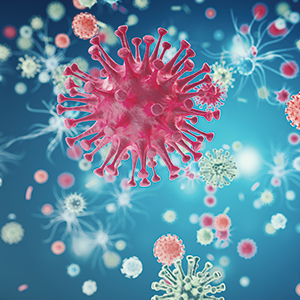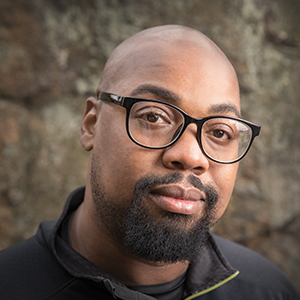-
Some Pancreatic Cancers Are Hereditary
A trio of recent studies indicates that pancreatic cancer is, in some cases, linked to mutations passed down from generation to generation.
by Cheryl Platzman Weinstock
-
Predicting Acute Myeloid Leukemia
Two studies identify genetic mutations that could predict the risk of an aggressive blood cancer up to a decade before it is diagnosed.
by Anna Azvolinsky
-
Exploring When Breath Becomes Air
Join our Facebook group to talk about themes in the poignant memoir by Paul Kalanithi.
by Marci A. Landsmann
-
Forward Look
Some Young Survivors Have Higher Heart Disease RiskRisk is especially increased in survivors who are African-American, lack health insurance or have public insurance, or live in neighborhoods with low socioeconomic status.
by Dara Chadwick
-
Forward Look
New Program Helps Families Navigate Pediatric CancerPatient navigators break down barriers to care and support services.
by Christina Bennett
-
Forward Look
Lung Cancer Biology Differs by Race, Study ShowsResearch findings could help improve personalized treatments for lung cancer patients.
by Stephen Ornes
-
Forward Look
Endometrial Cancer Rates Rising in Many CountriesStudy findings suggest opportunities for preventing endometrial cancer.
by Deborah Abrams Kaplan
-
Healthy Habits
Body Image and Breast CancerConcerns about physical appearance can be a major obstacle during cancer recovery.
by Cameron Walker
-
Forward Look
From Cold Virus to Cancer FighterNeurosurgeon Frederick F. Lang discusses virus-powered cancer treatments.
by Sue Rochman
-
Survivor Profile
A Long Road BackMultiple myeloma survivor Gary Lambert deploys inventiveness and fortitude to deal with cancer.
by Lindsey Konkel
Cancer Talk
The Power of Comedy
In a new play, the pain of cancer can be a chance to laugh.
by Ashley P. Taylor
Melanoma Risk in Childhood Cancer SurvivorsPeople treated for childhood cancer found to have twice the risk of developing melanoma as an adult.
by Cameron Walker
Online Second OpinionsMore than half of patients who participated in a program offering online second opinions were recommended a change to their treatment plan.
by Eric Fitzsimmons
Musical Toxicity an Effect of Cancer TreatmentStudy finding cancer treatment affects ability to play or sing music highlights need for physical therapy, experts say.
by Kyle Bagenstose















